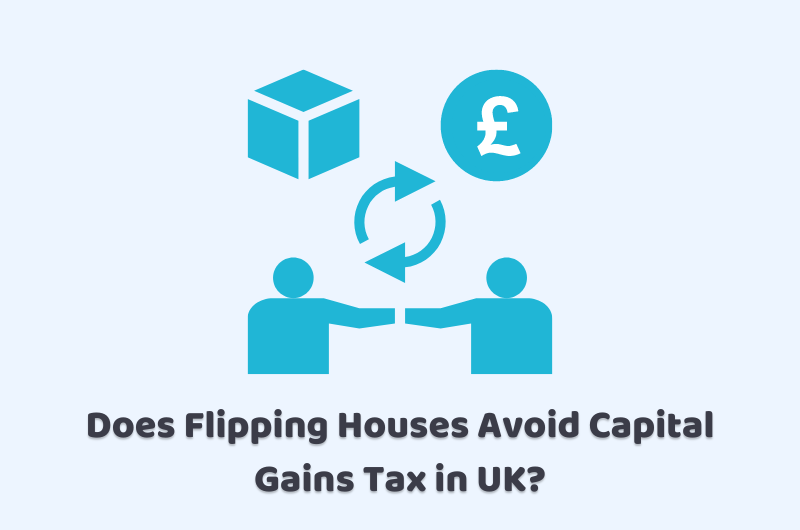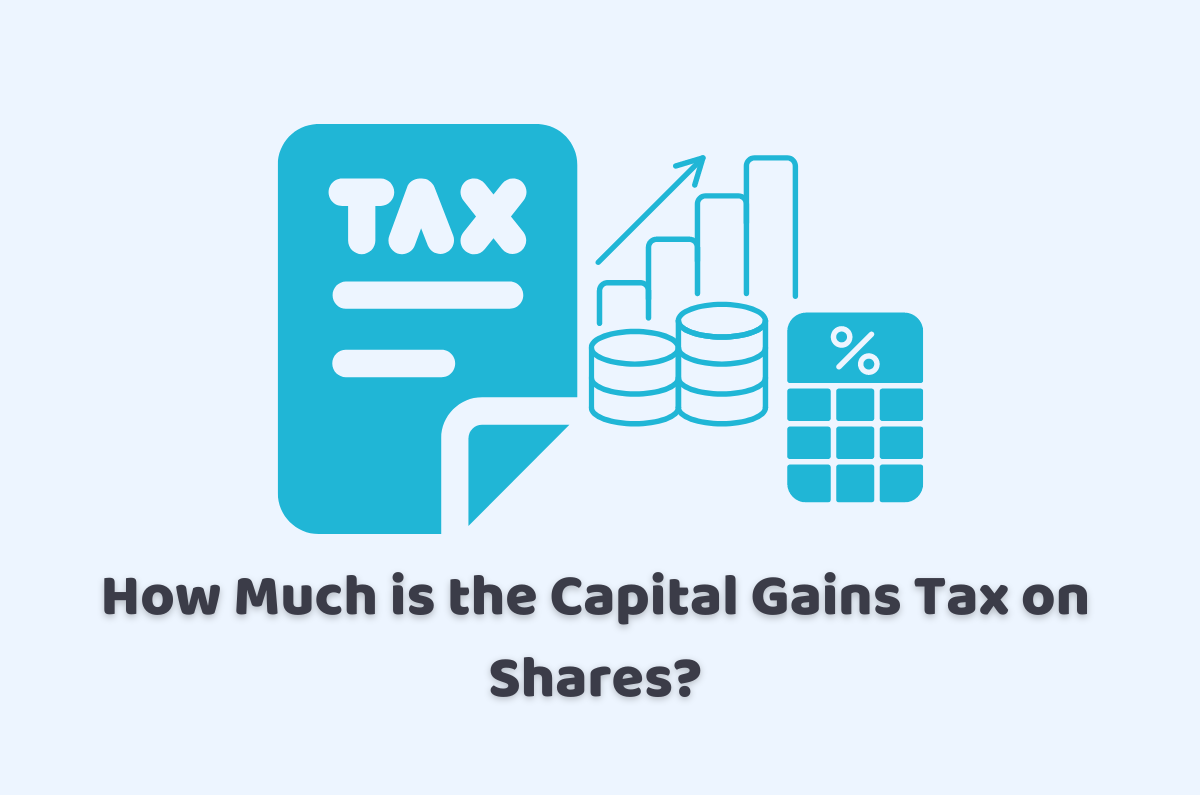
30/01/2023tax , Tax Issues , Tax News and Tips
Flipping houses to avoid CGT (Capital Gains Tax) is increasing these days in the UK. However, there are several people who are literally confused with the idea as they have not aware accurately of what it is and how it might work for them. All you have to do is to get to know the potential tax implications. This will help to avoid flipping your house. If you’re the one who is confused about this, you have come to the right place we have actually compiled this post based on the frequently asked questions about these facts.
You could be involved in flipping the house for the sake of living or seeking ways to make a little extra on your income, however, you will require to gather information about capital gains and how flipping the house will work for you in the UK. Further in the discussion of this guide, we will help you to be more aware of the facts related to how to avoid capital gains in the journey of flipping houses, how to manage the challenges of corporation tax or income tax, what is the scenario when the property will be given on rent to new tenants.
Reach out to our intelligent and clever-minded guys to get the answer to your queries in the UK, we will get to your answers quickly. We will help to decide how to deal with your tax implications.
How Do Flipping Houses Avoid Capital Gains Tax?
A common knowledge about CGT is that it refers to the abbreviation of cgt. This is a kind of tax that becomes obligatory for you to pay when you aim to sell any of your assets for the sake of profits. Cryptocurrency, shares, and property are some of the common examples here. However, as per the consideration of HMRC, house flips do not come under the category of investments.
This makes you free from the obligation of paying the CGT whether you are selling your house for the sake of profit or you are flipping your house. But there still are taxes that you will have to deal with in this scenario. This will make you reconsider your thoughts about selling or renting your property. Putting your house for rental purposes can be subject to paying CGT.
How Will You Deal With Income Tax and Corporation Tax?
When you are a self-employed individual in the UK who is planning to house flipping, you are under the obligation of paying the income tax not the cgt. As discussed earlier that property flipping does not come under the category of investment according to the set of rules by HMRC, you can do the income tax payments while you are doing your self-assessment tax returns. There are multiple online calculation options that will help you to figure out the exact amount that you owe as income tax while you are on flipping your house.
This will also help you to have a better insight into what profits you might be earning from the house flipping in the future. Now if we consider the example where the house flipping is being done through a limited company. You will have to deal with the corporation tax. This tax refers to the kind of obligation that the companies will have to pay to HMRC for entering profits. Your amount of profits will decide what amount of corporation tax you have to pay.
- You are liable to 25% of corporation tax if you are making £50,000 or more than this figure.
- If your business is making less amount than mentioned, you will have to 19% of the corporation tax.
What will Happen If a Property is to be given on Rent for Tenants?
Many of you must be wondering by now what the will be the scenario when you are giving your property to the tenants for rental purposes. The obligation of tax and other factors becomes a little more complicated in this very case. This guide will give you an easier insight about this to you. When you consider the tax implications, letting your property to tenants is dealt with differently than in the case of selling your property.
When an individual aims to flip the house and then put it on for rental purposes, the current rate of the capital gains tax is 20% in this case. In the case of an individual who is a higher-rate taxpayer, the increased rate of 40% will is paid for the CGT. This might sound more complicated to you, but you can use digital ways of calculation to simplify the process for you and get a clear idea of what you will actually be paying in this matter.
The Bottom Line
Now that you have gathered a fair amount of information about flipping houses to avoid CGT (Capital Gains Tax) in the UK, we can bring the discussion towards wrapping up. Flipping houses cases can be differently handled when the process is being done through a limited company or through an individual. However, the set of rules is quite imperative to understand before jumping into anything like selling the house or putting it on rent for the tenants. This will give you a clear insight into what you owe to HMRC in form of income tax, and corporation tax. This will also help you whether you come under the category of high taxpayers or any other normal rate of tax.
Our team of professional members loves to hear out your problems and find out the possible and suitable solutions quickly for small businesses’ accounting problems. Call us or email us today.
Disclaimer: The general information provided in this blog about flipping houses to avoid Capital Gains Tax in the UK includes text and graphics. It does not intend to disregard any of the professional advice.

